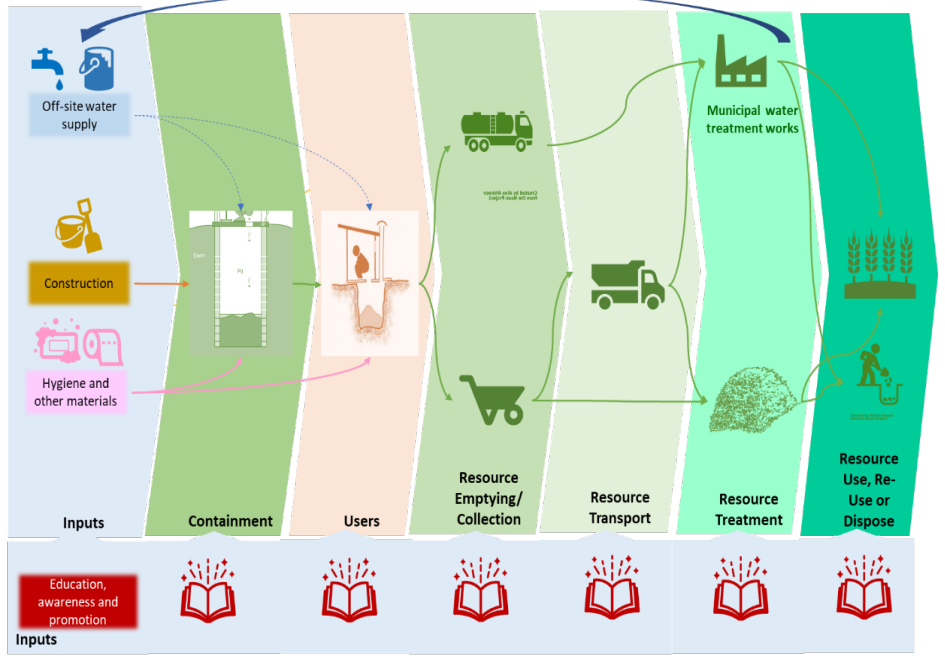Understanding the policy and regulatory barriers for water and sanitation RDI implementation in South Africa

The report delves into the challenges and barriers hindering the implementation of Research, Development, and Innovation (RDI) in South Africa's water and sanitation sector. It highlights the disconnect between research and practical application, often resulting in innovative solutions remaining in the laboratory rather than being deployed in the field.
Key barriers identified include:
- Policy and regulatory constraints: Existing policies and regulations may not be conducive to innovation and can hinder the adoption of new technologies and practices.
- Financial constraints: Limited funding for RDI, especially for scaling up and commercialising innovative solutions.
- Institutional challenges: Lack of coordination and collaboration between different stakeholders, including government agencies, research institutions, and private sector entities.
- Capacity building: Inadequate capacity and skills within the sector to develop, implement, and manage innovative solutions.
The report recommends a comprehensive approach to address these barriers, including:
- Policy and regulatory reforms: Streamlining regulations, creating incentives for innovation, and establishing clear pathways for technology adoption.
- Increased funding: Allocating sufficient funding for RDI, particularly for pilot projects and commercialisation.
- Strengthened institutional collaboration: Fostering partnerships between government, academia, and industry to facilitate knowledge sharing and technology transfer.
- Capacity Building: Investing in training and capacity development to build a skilled workforce in the water and sanitation sector.
By addressing these barriers, South Africa can unlock the potential of RDI to improve water and sanitation services, enhance water security, and contribute to sustainable development.
Abstract based on original resource.


Comments